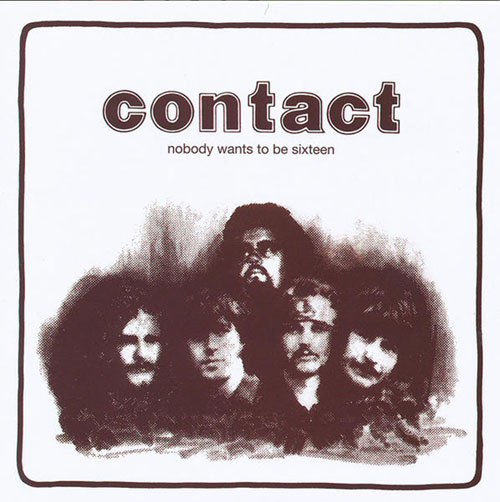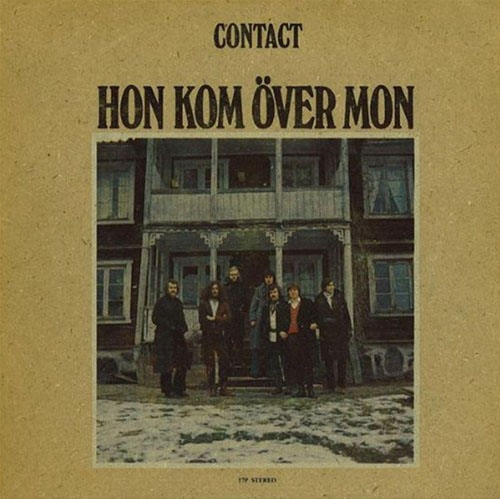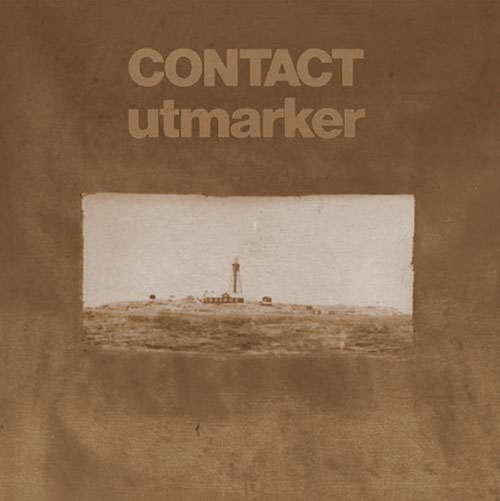

Week of January 17, 2010


Personnel:
Lorne De Wolfe - vocals, bass, organ
Ted Ström - piano, organ, vocals
Ted Steerling - guitars, bass, vocals
Claes Palmquist - violin
Björn Holmsten - sax, flute
Leif Reinholds - drums
Bosse Linné - violin
Ali Lundbohm - drums
Albums:
1970 Nobody Wants to be Sixteen, MNW 03P (MNW)
1971 Hon Kom Över Mon, MNW 17P (MNW); CD: 1989, MNWCD 17
1971 Utmarker, Polydor 2379 023 (Polydor)
2004 Samma Vindar Samma Dofter 1968-2004, CD: MNWCD 2015
Singles & EPs:
1969 A Fairy Tale/Convulsions, MNW 05S (MNW)
1970 Hon Kom Över Mon/Jag Är Lite Lessen Ikväll, MNW 07S (MNW)
1971 Fyrvaktarns dotter/Fly mig en sommar, Polydor 2053-053 (Polydor)
Appearance on Compilations:
1970 Ljud Från Waxholm, MNW 14P (MNW)
1972 MNW I Ditt Liv, MNW 4M (MNW)
1993 Progg Hits, MNWCD 245-247
2000 Volym 1. Den bästa svenska musiken 60- och 70-tal, MNWCD 345
2003 Proggklassiker 1969-82, Proggklassiker 1969-82, MNWCD 2003
2005 Proggklassiker vol.2, MNWCD 2017
2006 Livet Är En Fest 70-tal, MNWCD 403
2006 Who Will Buy (These Wonderful Evils) Vol.III, Dolores DOL 184

Contact achieved surprisingly little
recognition for their innovative albums. Their first and rarest album Nobody
Wants To Be 16 (1970) was produced by Kim Fowley, who also co-wrote a couple
of the songs. This was an unique, cool and relaxed mixture of Anglo-American
hippie-rock and Nordic folklore with frequent use of congas, flute and
acoustic/electric guitars. Try to imagine a mixture of
The Beatles, Tim
Buckley, Pearls Before Swine and
Tyrannosaurus Rex and it sounded similar.
Hon Kom Över Mon (1971) marked a transition of style, introducing Swedish
lyrics and the extensive use of fiddles.
Although Contact wrote their own songs, they also incorporated fragments
of folk songs into their lyrics. Those who understand Swedish will find them
highly entertaining (one track even has a reference to Frank Zappa).
Their mood varied from sing-a-long jolliness t melancholic and sombre. This is a
highly imaginative album and sometimes reminds me of another great Swedish group
- Vildkaktus.
Utmarker (1971) benefited from better production but contains more
variable (and also more political) songs.
Among the highlights were the moody folk-rock track "Det Är Natt" (7:11).
Taken from Scented Gardens of the Mind - A guide to the Golden Era of Progressive Rock (1968-1980) in more than 20 European Countries, by Dag Erik Asbjørnsen, Borderline Productions, ISBN 1-899855-12-2